Korean team develops 2L-class direct-injection hydrogen-fueled engine
Green Car Congress
SEPTEMBER 8, 2023
The joint research team of KIMM and HMC injected hydrogen directly into the combustion chamber of the engine of an existing HMC hybrid vehicle, with a pressure of more than 30 bar.





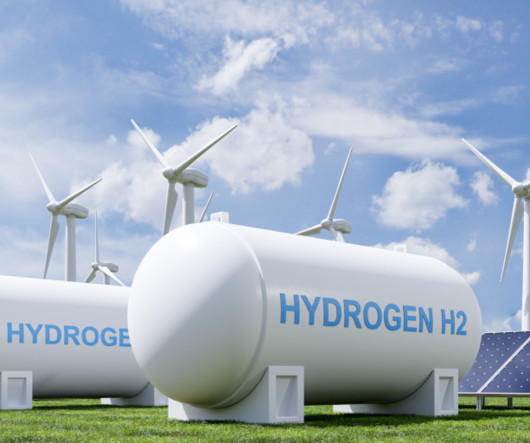

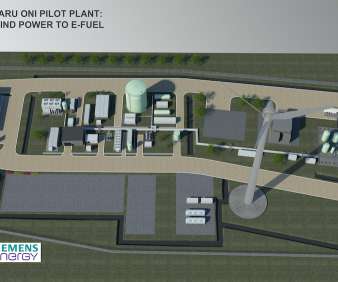


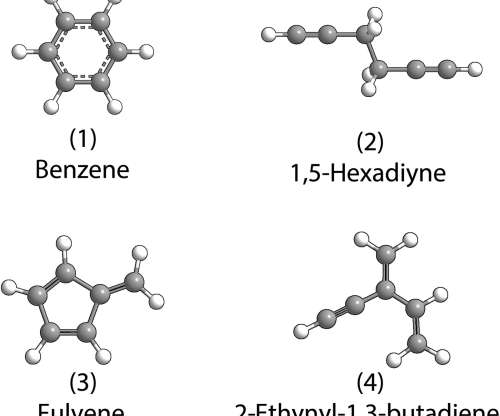






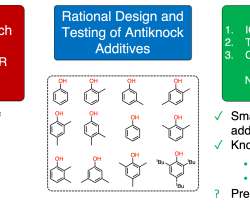


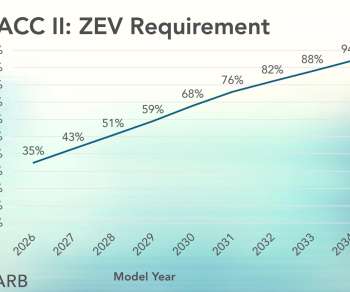


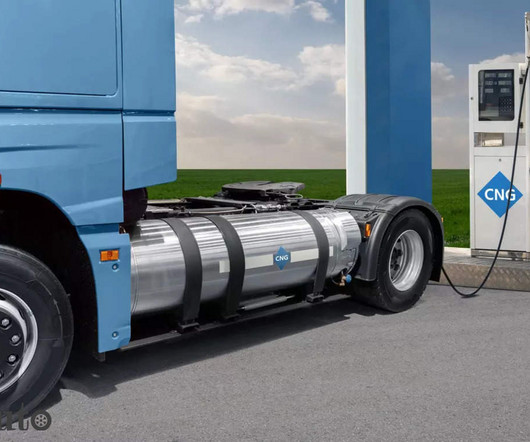


















Let's personalize your content